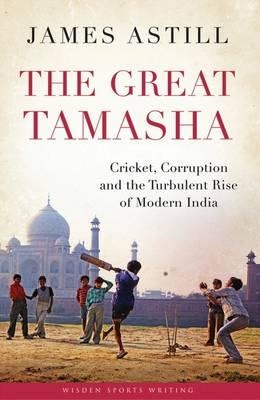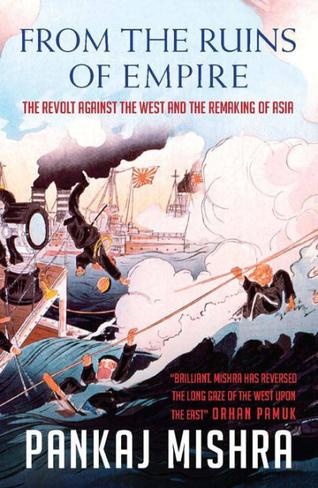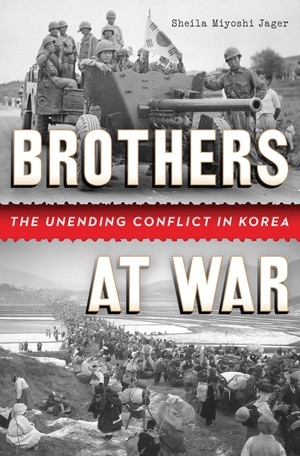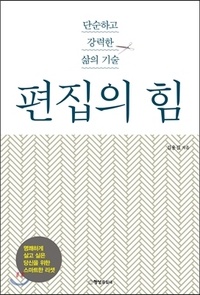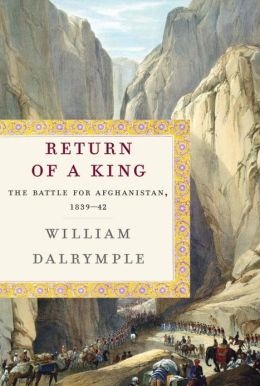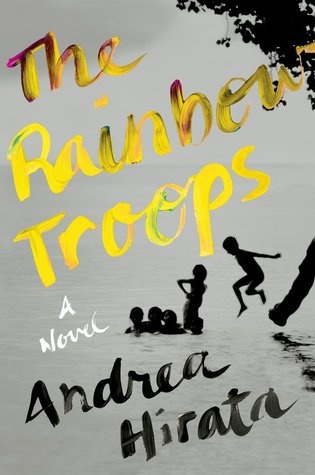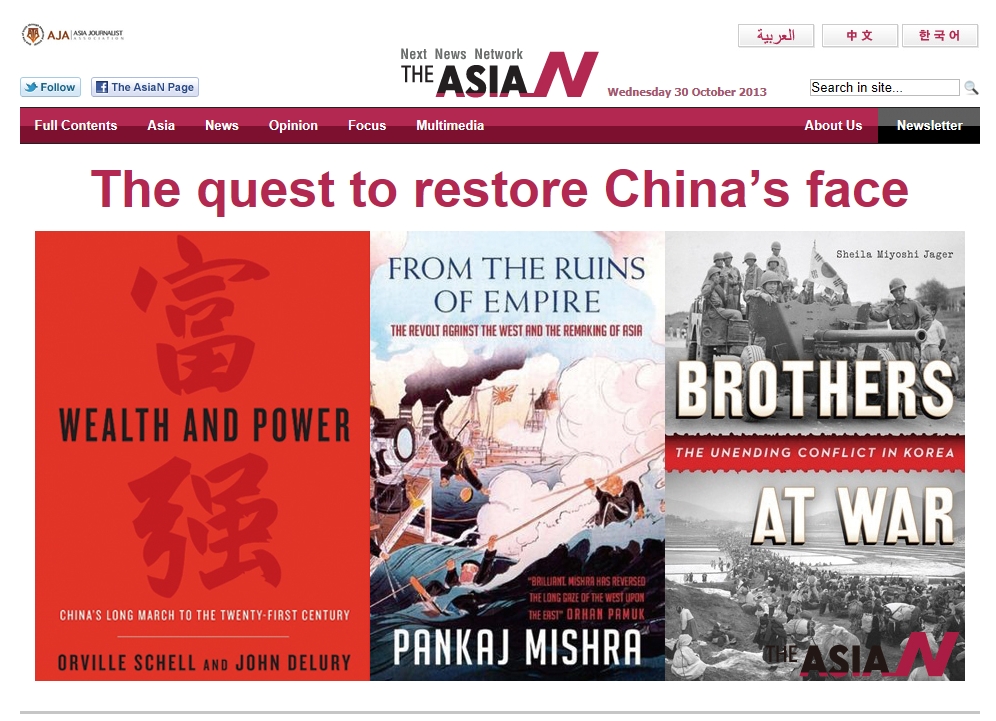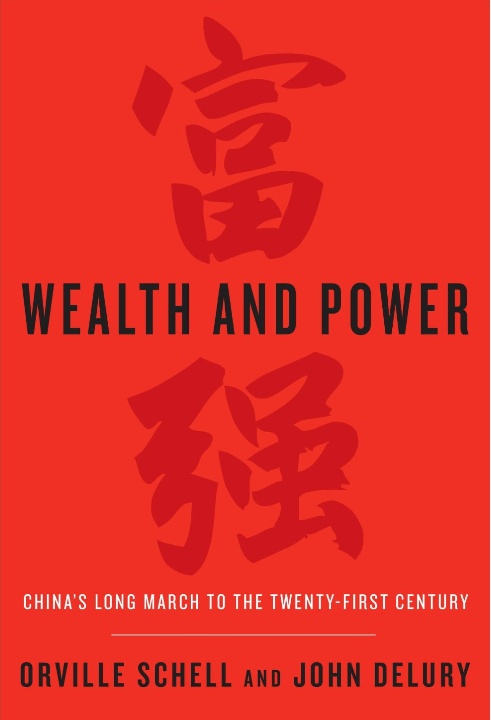
The quest to restore China’s face
[Books] The quest to restore China’s face
Wealth and Power: China’s Long March to the Twenty-first Century
By Orville Schell and John Delury | Random House | 2013
How did China after such a long, painful decline including civil war, revolution and foreign occupation recover from its impeding past and reach its current state of economic prosperity in such a short period?
Authors Orville Schell and John Delury address this question by examining the lives of 11 individuals including influential officials, writers, activists and leaders who have played a pivotal role in the making of modern China. This survey of Chinese leaders begins in the lead up to the first Opium War with scholar and reformer Wei Yuan, who first pointed out China’s major flaws and urged the nation to import ideas of the West and concludes with Nobel Peace Prize laureate Liu Xiaobo, an outspoken challenger of China’s one-party system. Great figures such as Empress Dowager Cixi of Chinese history, intellectuals Feng Guifen, Liang Qichao and Chen Duxiu, stout nationalists Sun Yat-sen and Chiang Kai-shek and Communist Party leaders Mao Zedong, Deng Xiaoping and Zhu Rongji are also surveyed on the way.
The common goal of these 11 figures is the pursuit of fuqiang, “wealth and power” in the ultimate quest to restore China to its former greatness after a “century of humiliation” by world powers and their interests. The defeat by the British in the Opium War in 1842, and then by European powers and later more devastatingly by Japan left a deep scar of humiliation on the once grand Middle Kingdom. The pursuit to restore China’s face can be seen as the rationale of leaders Mao Zedong and Deng Xiaoping as they attempted to uproot and transform the society through ideologies of first Marxism-Leninism and then by authoritarian capitalism, which can be seen as a key to understanding modern China.
Although many books focus on China’s emergence as a great power, Wealth and Power focuses on portraying the unusual trait of historical shame in Chinese society and how it impacted intellectuals and politics and attempts to reconcile China’s current success with its disgracing past. China does not want to let the painful history of 1842 fade into the past, but rather utilize it as a stimulant to push China forward. It also shows that as China continues to grow wealthier and more powerful, it will probably need to find another tactic other than living with ghosts of the past.
By looking into the intellectual figures of the past and providing insight on China’s decline and rise, we are led to understand the working forces of hundreds of years and their impact on the present state of China.
The Great Tamasha: Cricket, Corruption, and the Turbulent Rise of Modern India
By James Astill | Bloomsbury USA | 2013
Journalist James Astill reveals the complexity of modern India, its aspirations as well as challenges of tradition and corruption through the country’s business of cricket. Indian businessman Lalit Modi attempts to create a Twenty20 cricket league in India. Despite the odds, he succeeds by adopting a highly commercial American sports tournament model. Cricket, the national passion, is at the heart of the miracle of modern India. The cricket business shows the dynamic and entrepreneurial economic boom as well the corrupt, nepotistic ways in India.
From the Ruins of Empire: The Revolt against the West and the Remaking of Asia
By Pankaj Mishra | Picador | 2013
With the rise of Asia, noted Indian essayist Pankaj Mishra retells the history of imperialism from the view of the victims and explores the work of three independent thinkers of Asia: Jamal al-Din al-Afghani of the Ottoman Empire, Liang Qichao of China and Rabindranath Tagore of India. Their intellectual tradition of anti-colonialism have shaped contemporary China, India and the Muslim world and have inspired Asia in its revolt against the West opposed to fanatical terrorists or thwarted peasants. This book is timely and indispensable to help us better understand the world we live in.
Brothers at War: The Unending Conflict in Korea
By Sheila Miyoshi Jager | W. W. Norton & Company | 2013
60 years have passed since the armistice of the Korean War and war continues to the present. Jager undertakes the daunting task of presenting the first comprehensive history of the misunderstood war by including accounts from the World War II of Roosevelt, Stalin, and Churchill’s fierce debates to the present day North Korea of starvation and nuclear weapons. Jager visits newly available diplomatic archives in China, South Korea and the former Soviet Union as well as analyzes the bitter struggles of the postwar period and shows the development of the conflict.
The Power of Editing: A Skill for a Simple and Powerful Life
By Kim Yong-gil | Hangseong:B Ipsae | 2013
Life is how you edit it. Kim Yong-gil, who has been editing in the editorial department of Dong-a Daily for 23 years, shares with us how to take the skill of editing used in broadcasting, the newspaper and publishing and apply it to our daily lives. Depending on how you edit, A can be B or C. In this same way, your life can be quite different depending on how you edit it. Through the stories of influential figures such as Steve Jobs and Yi Sun-sin, we can learn how they simplified their values and put all their energy forth to realize their dreams.
Return of a King: Revolution, Murder, and Intrigue in the Heart of Central Asia
By William Dalrymple | Knopf | 2013
Award-winning historian, journalist and travel writer William Dalrymple retells the story of the first Anglo-Afghan War, perhaps the West’s greatest imperial disaster in the East. He gives a very immediate and comprehensive account based on newly discovered primary sources from archives in Afghanistan, Pakistan, Russia and India. He takes us beyond the infamous battle of neocolonial ambition, folly and hubris and compares it to the strikingly similar situation in Afghanistan today.
The Rainbow Troops: A Novel
By Andrea Hirata, Translated by Angie Kilbane | Sarah Crichton Books | 2013
Indonesian novel written by Andrea Hirata presents Ikal, a student at a very poor village school that is being threatened to close down. Ikal and his friends, a group nicknamed the Rainbow Troops, face threats from all angles such as from skeptical government officials, greedy corporations, and their own low self-confidence. Two extraordinary teachers inspire these students to stand up to these threats. This novel gives us a better understanding of the people and customs of the world’s largest Muslim society.



